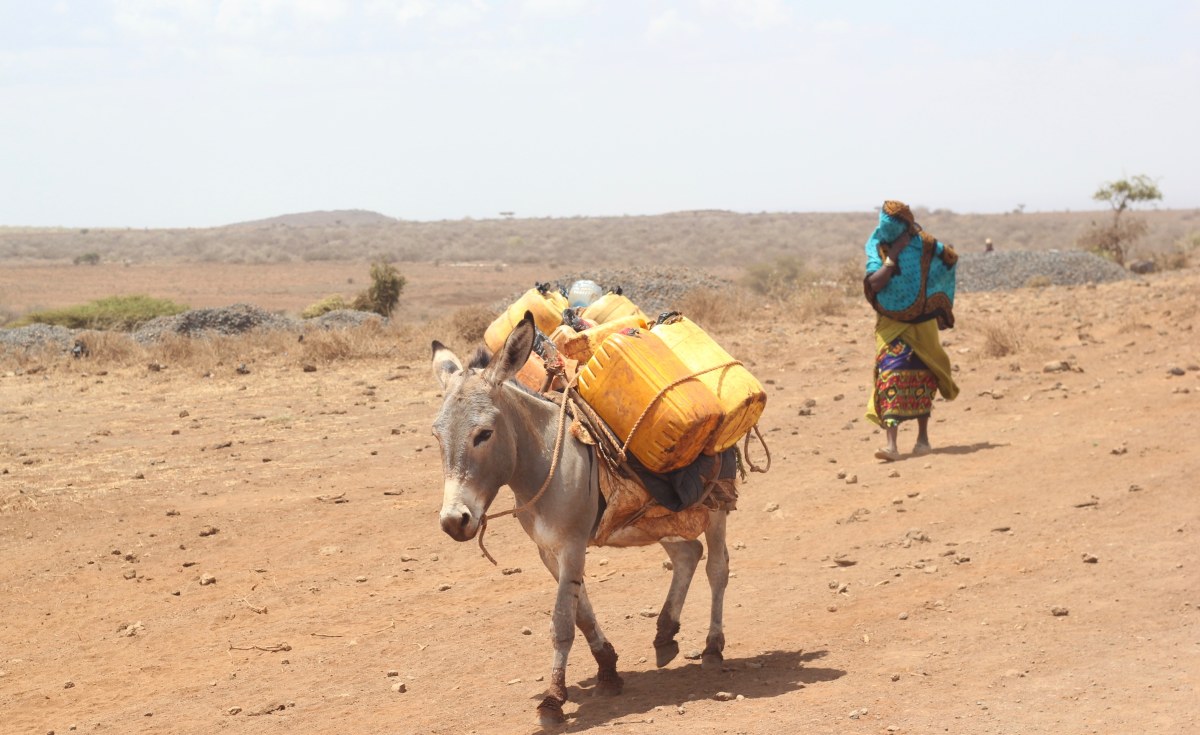China’s growing demand for African donkeys poses challenges for marginalized communities
China’s increasing need for donkeys from Africa is posing a challenge for marginalized communities in the continent, according to a report. The report highlights that donkeys are critical to the livelihood of many rural communities in Africa, where they are used for transportation, farming, and other activities. The demand for donkey hides, which are used to make a traditional Chinese medicine called ejiao, has caused a surge in the price of donkeys in Africa, making them unaffordable for many who rely on them.
The report also warns that the rising demand for donkeys has led to a decline in their population in many African countries, raising concerns about animal welfare and the sustainability of their use. Additionally, the report notes that the trade in donkey hides has been linked to criminal activities such as theft and smuggling, and has had negative consequences for the local economy and environment.
The report calls for a better understanding of the impacts of the trade in donkey hides on communities and the environment in Africa, and for more sustainable and ethical practices to be adopted. It also calls for increased regulation and oversight of the trade to prevent illegal activities and protect the welfare of donkeys.
The issue of China’s demand for African donkeys is not new. In 2017, several African countries banned the export of donkey products, including hides and meat, to protect their donkey populations. However, the ban was lifted in some countries due to pressure from Chinese buyers. The report highlights the need for a more nuanced approach to the trade, which takes into account the interests of all stakeholders, including local communities, animal welfare, and the environment.













